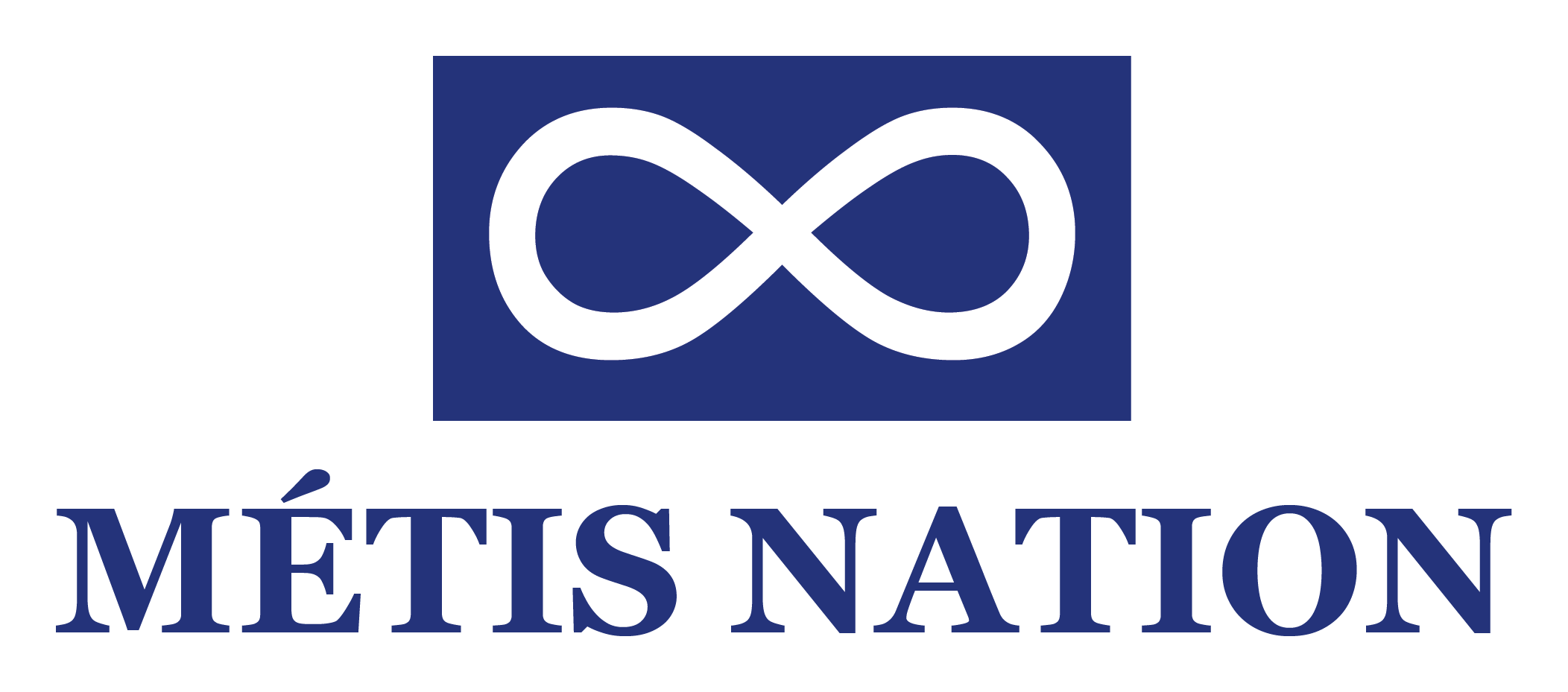Take Action
Climate change touches all of our lives, one way or another. Because it affects all aspects of modern life, there are many kinds of meaningful choices we can make that will help.
Climate change solutions start close to home, with simple actions in our own homes and families, but also involve new ways of thinking, planning, and acting in workplaces, neighbourhoods, and communities across the country.
See our "Take Action" topic for ideas and examples of innovative climate action taking place all across Canada.









.png)


